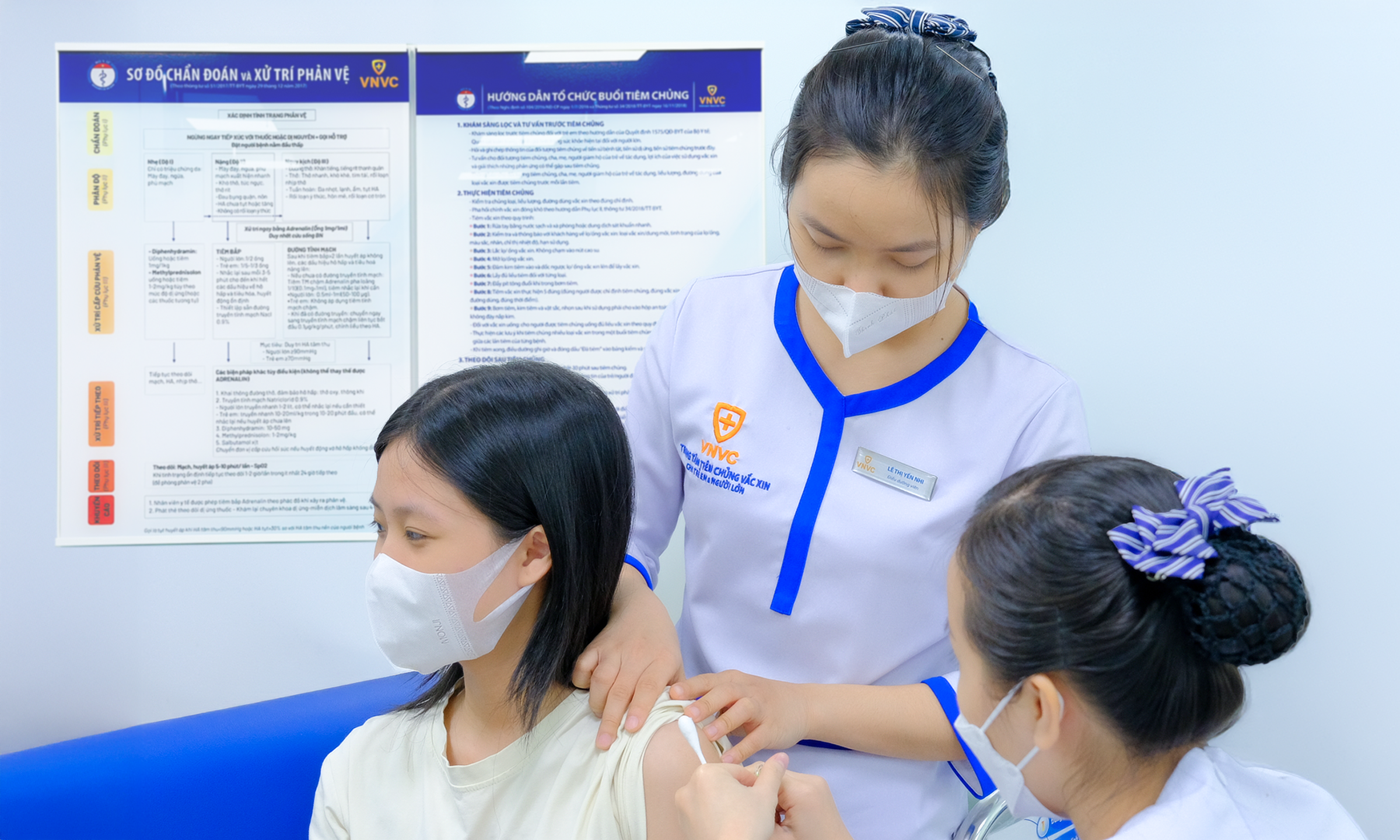The 27-year-old office worker explained that her busy schedule left her little time to see a doctor, so she often searched for home remedies on Google and TikTok, opting for easy-to-apply methods, mainly using natural ingredients.
During her recent bout of the flu, Quynh followed the advice of these online "experts," trying herbal steam inhalation, raw garlic, and concentrated lemon juice each morning. However, her condition worsened, leading to shortness of breath and severe fatigue, requiring hospitalization.
Similarly, 25-year-old Minh Quoc from An Giang tried to treat genital warts using TikTok remedies, applying a mixture of crushed betel leaves and fresh turmeric to "dry out the warts." He followed this regimen for weeks, combining it with a solution advertised in the video, but saw no improvement. Instead, the sores spread and became increasingly painful.
After a visit to a dermatologist, he received a diagnosis of severe lesions, requiring laser treatment and medication.
"I was embarrassed to go to a men's health clinic, and I heard that persistence with these remedies would cure it, so I kept trying," Quoc said.
 |
Instead of seeking professional medical diagnosis and treatment, many people turn to self-proclaimed "doctors" on TikTok for health advice. Illustration: _Vecteezy_ |
Many people consider TikTok a primary source of information, especially regarding health. According to a 2024 eMarketer report, 64% of Gen Z use TikTok for information seeking, even surpassing Google in some cases. A 2024 Zing Coach survey of 1,000 Gen Z individuals revealed that over 50% use TikTok for health and fitness advice, with one-third considering it their primary health information source.
The #Health hashtag on TikTok boasts over 50 billion views, with sensitive health topics like sexual health reaching around 1.5 billion views, according to Superdrug data. This highlights the significant reach of health and medical content on the platform.
However, the quality of these videos varies. A study analyzing medical information in pediatric urology found that only 22.2% of TikTok videos adhered to established guidelines from the European Association of Urology (EAU), a reputable professional organization setting diagnostic and treatment standards.
According to Dr. Phan Nguyen Truong Giang, Medical Manager at VNVC vaccination system, many people turn to "online self-treatment" due to hospital anxiety or the belief that medical treatments are harmful, preferring natural remedies. However, many tips on these platforms lack medical verification and can lead to dangerous complications if applied incorrectly. Moreover, disease symptoms vary among individuals and across stages, so there's no universal diagnosis or treatment. Blindly following online advice can worsen conditions and delay timely medical intervention.
For instance, many believe the flu is mild and self-resolving within 2-7 days, relying on folk remedies. However, the virus can invade organs, causing pneumonia, respiratory failure, myocarditis, encephalitis, and sepsis. Patients need monitoring and hospitalization if they experience shortness of breath, rapid breathing, or chest pain.
With dengue fever, drinking perilla leaf juice, eating green papaya, or resting at home can worsen the illness after 3-5 days. Complications like internal bleeding and even death can occur without proper intravenous fluids and medical supervision.
 |
Young people receiving flu shots at the VNVC vaccination center. Photo: _An Hoa_ |
Therefore, Dr. Giang recommends seeking professional medical attention for any symptoms to receive an accurate diagnosis and appropriate treatment. Patients should adhere to their doctor's instructions to avoid treatment delays and long-term health damage.
Furthermore, individuals should proactively protect their health through scientifically proven methods. Vaccination is a safe and effective solution. Vaccines stimulate the immune system to produce antibodies and memory cells specific to disease-causing agents, preparing the body to respond effectively to future exposure.
Currently, many infectious diseases like influenza, pneumococcal disease, meningococcal disease, measles, chickenpox, HPV, and hepatitis B are preventable through vaccination. Children, the elderly, pregnant women, and individuals with underlying health conditions should prioritize vaccination due to their higher risk of severe illness, consulting vaccination centers for specific advice. Healthy individuals can also contract and transmit diseases to their families and communities, so complete vaccination is essential.
Anh Ninh












